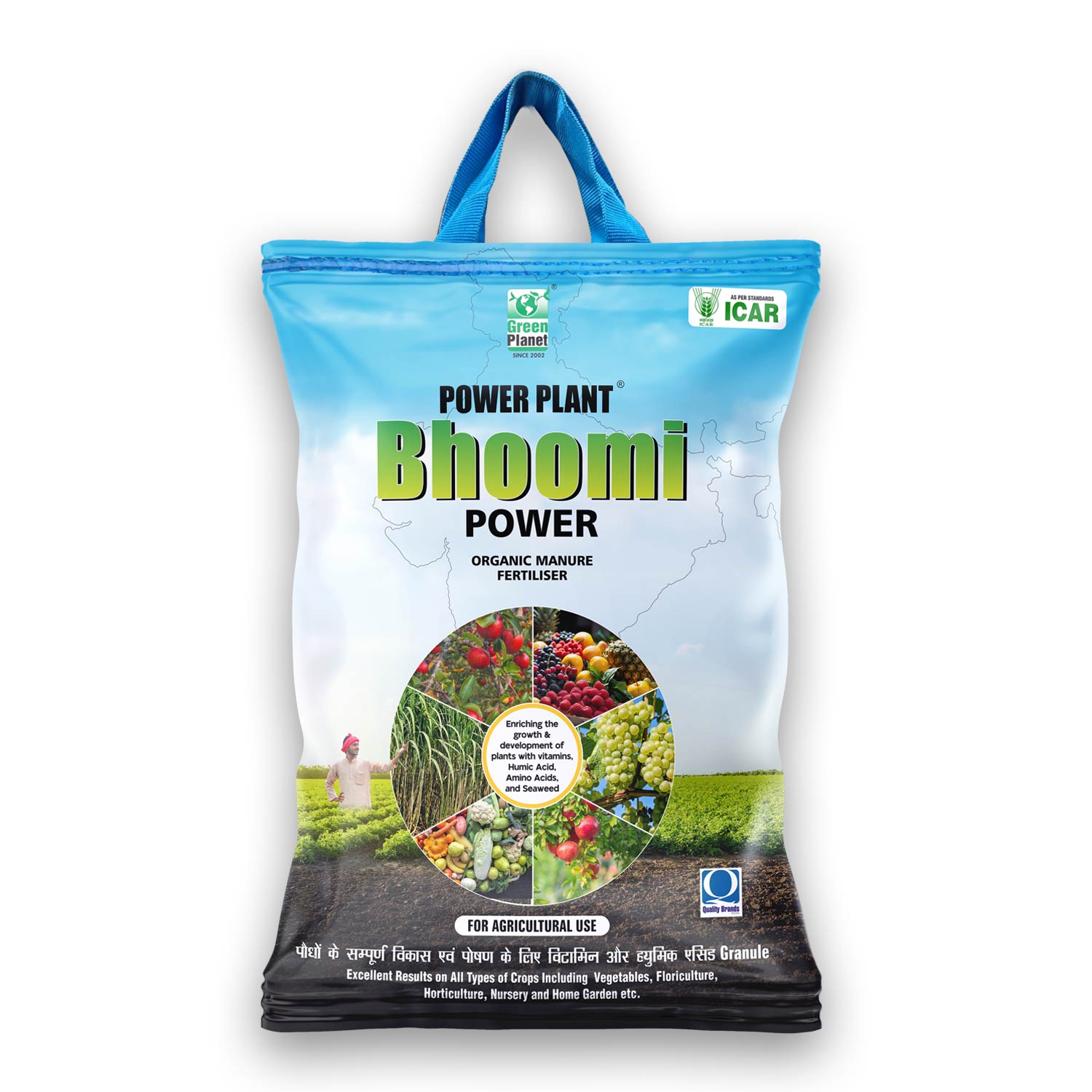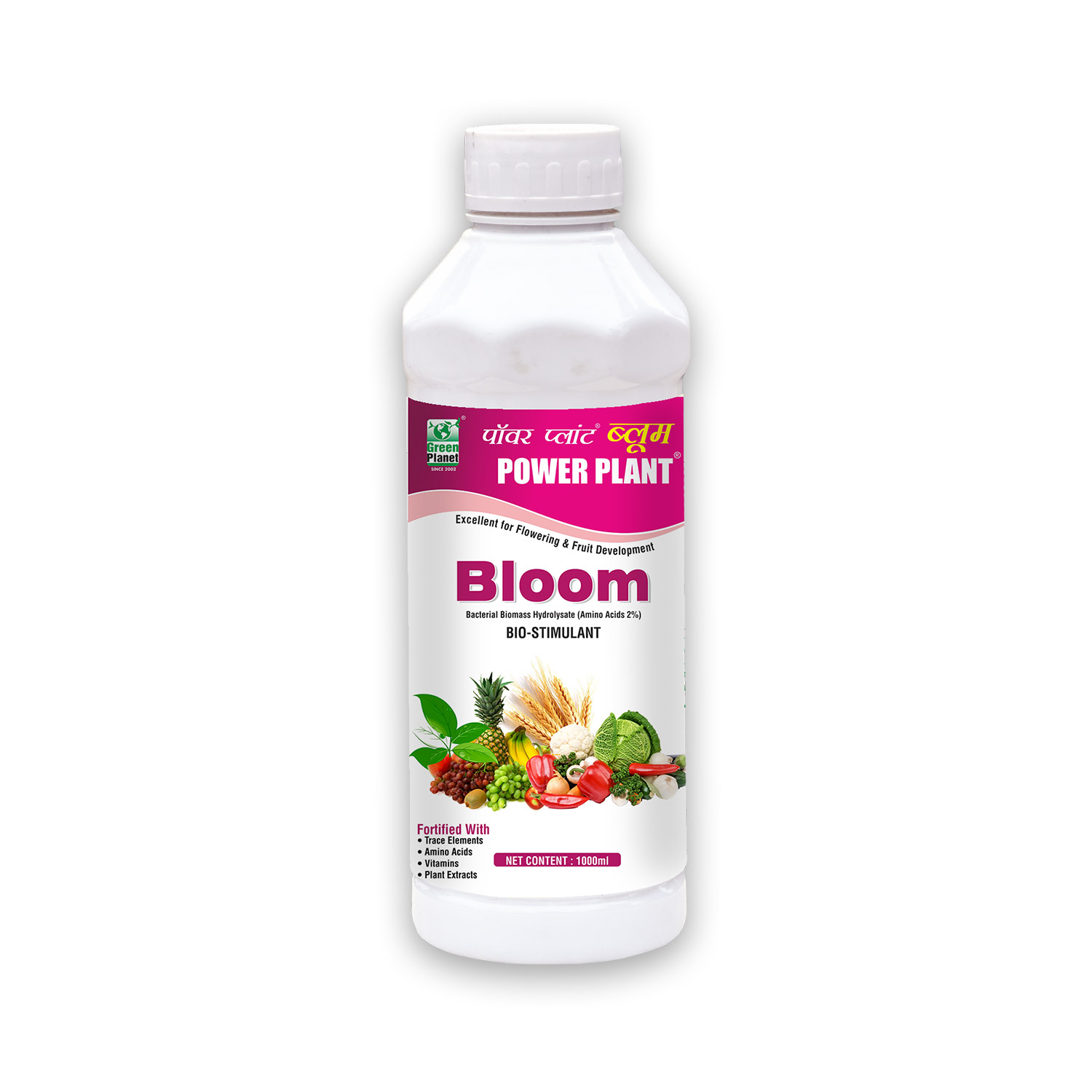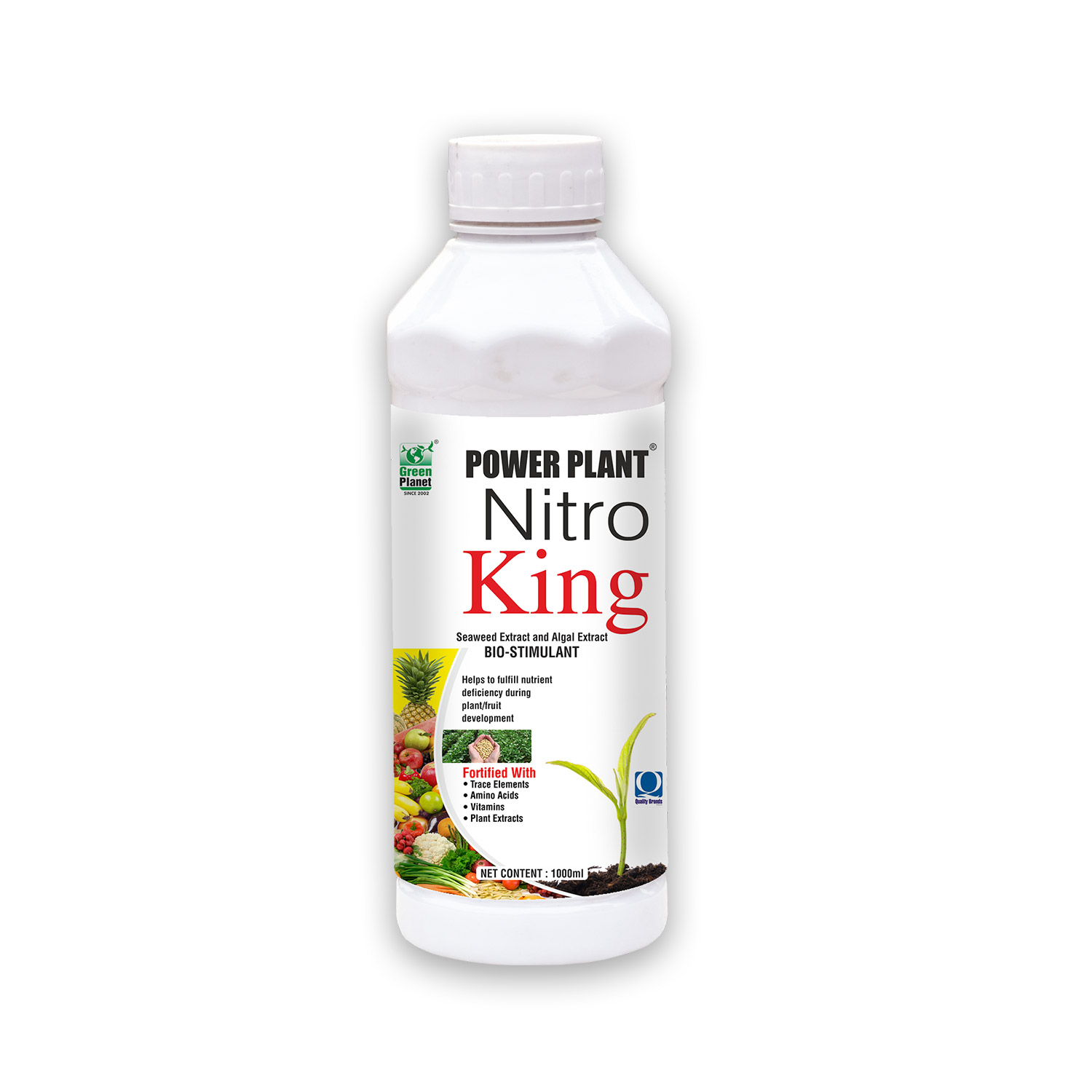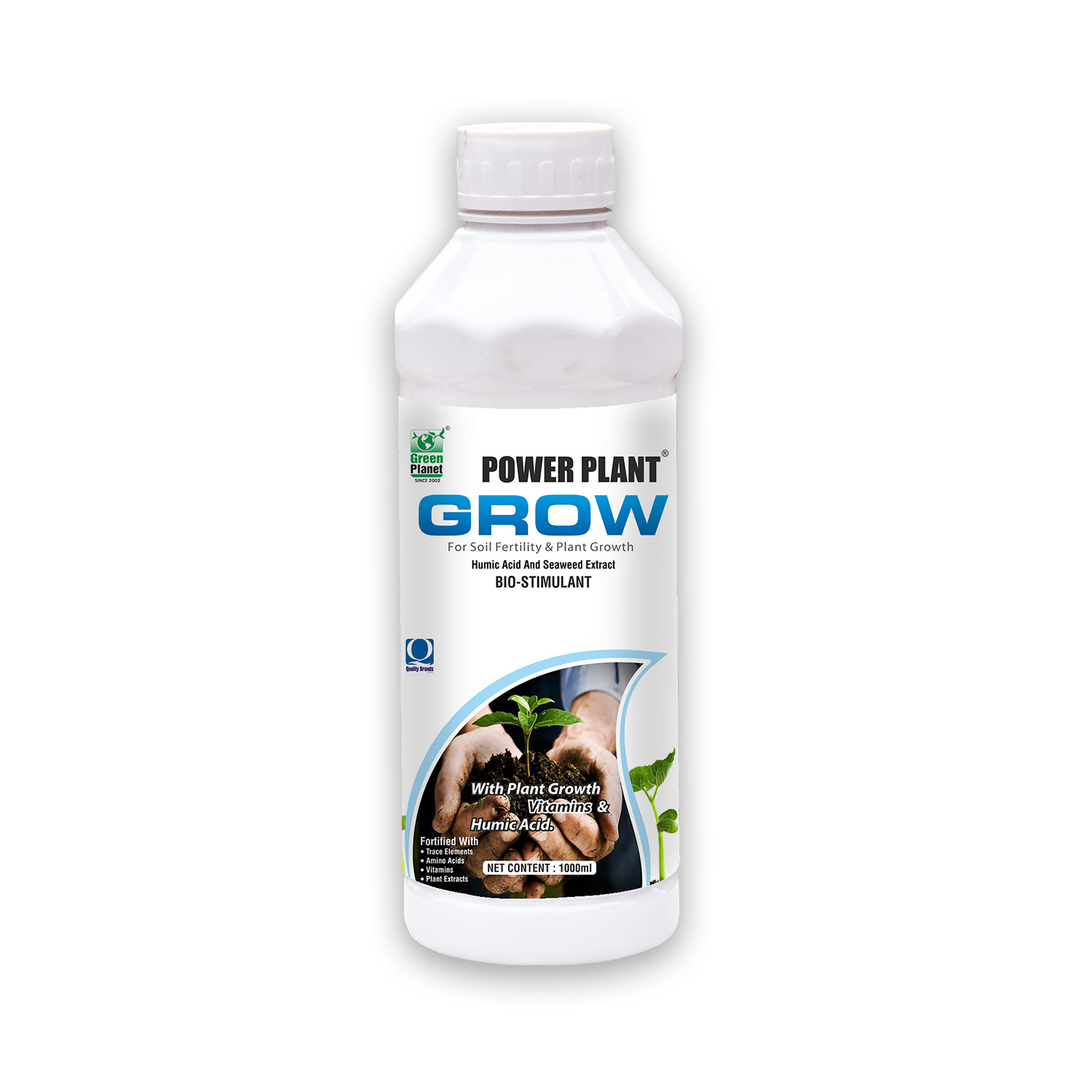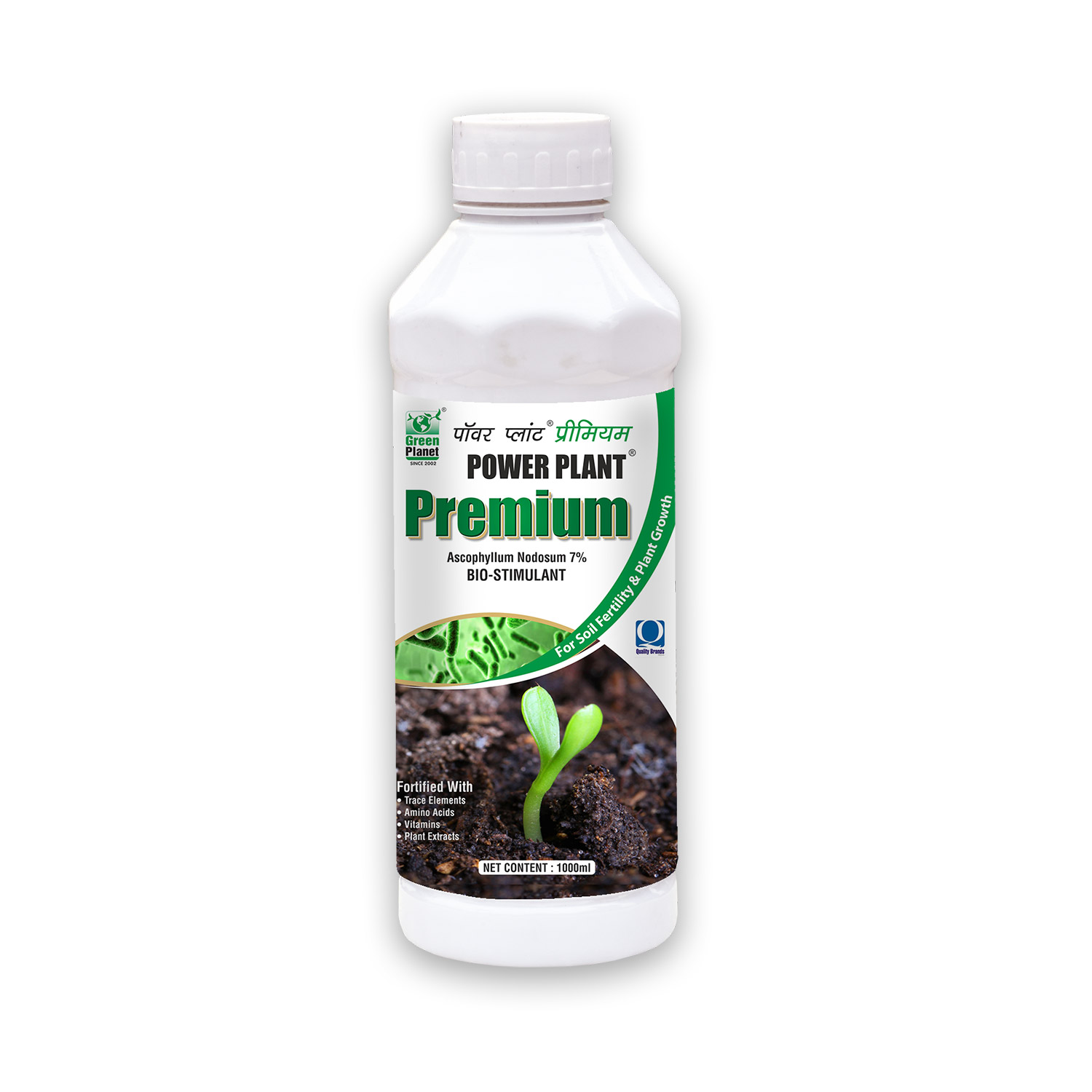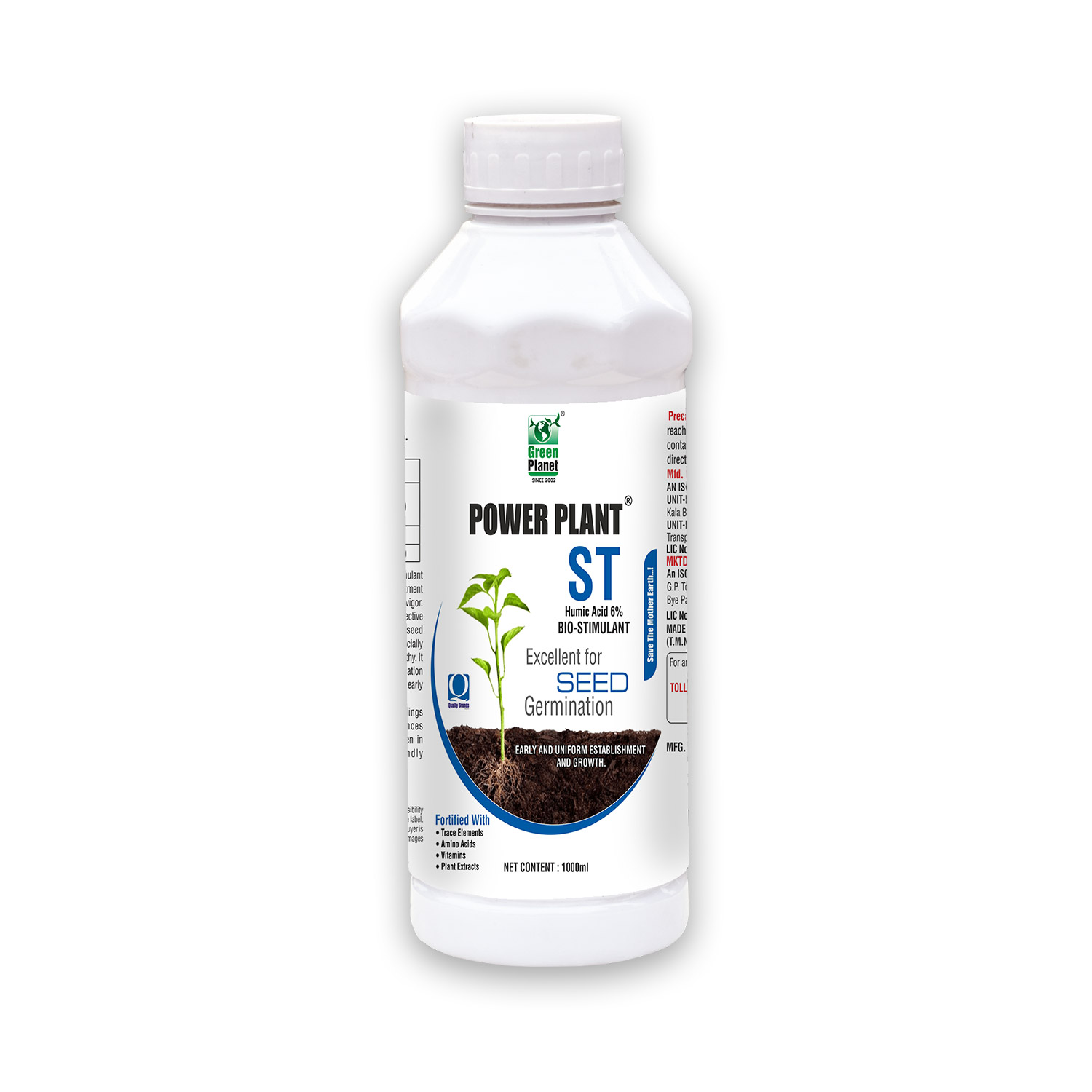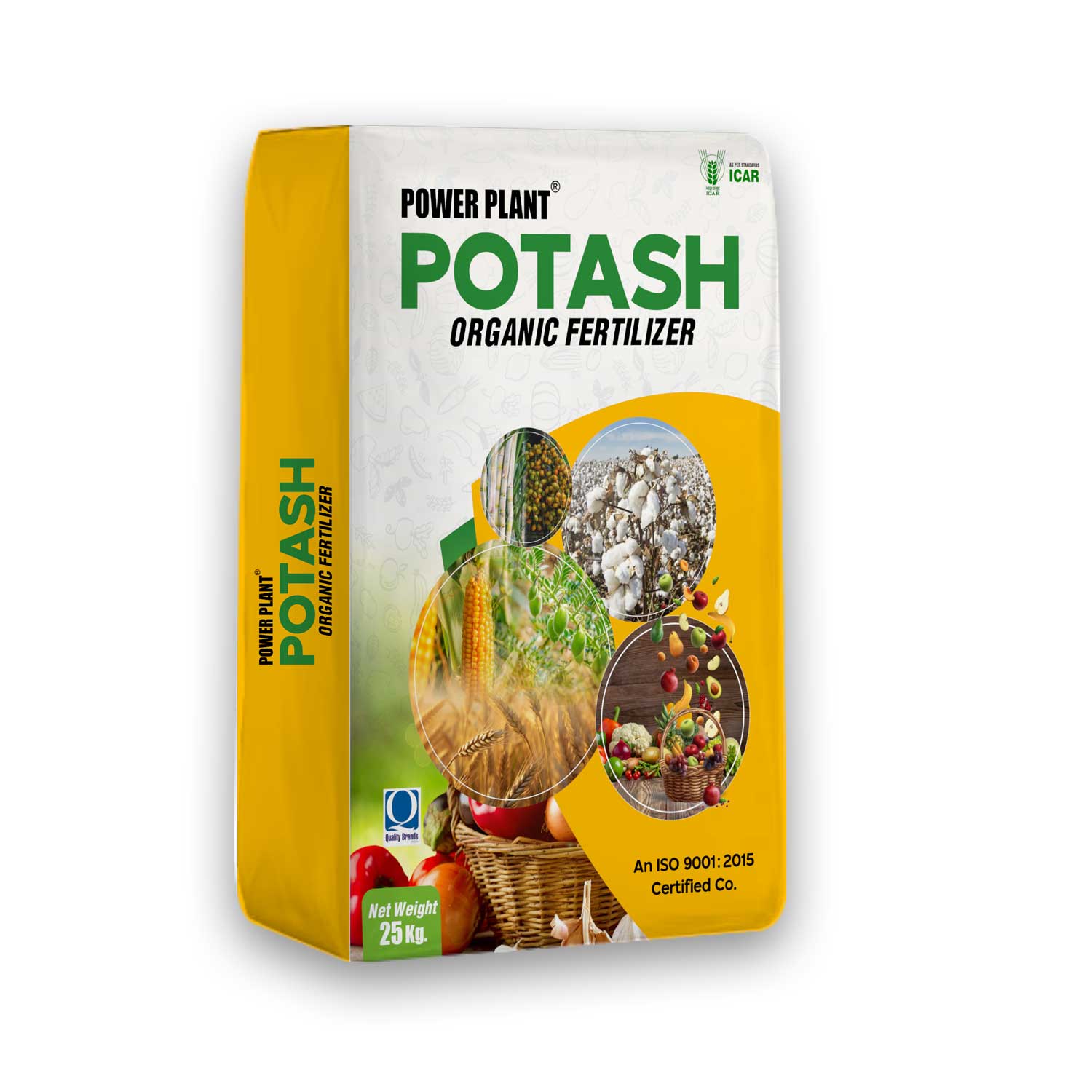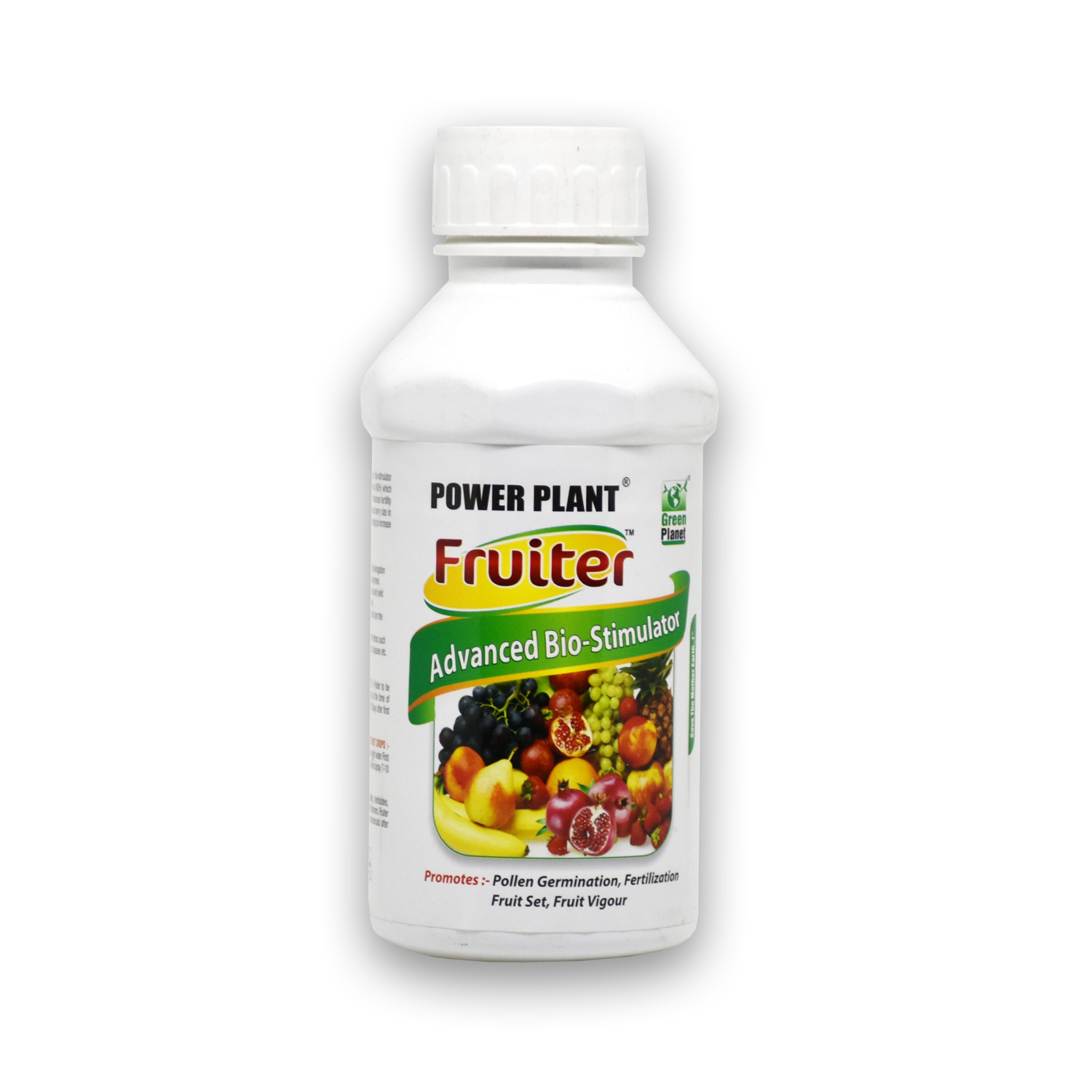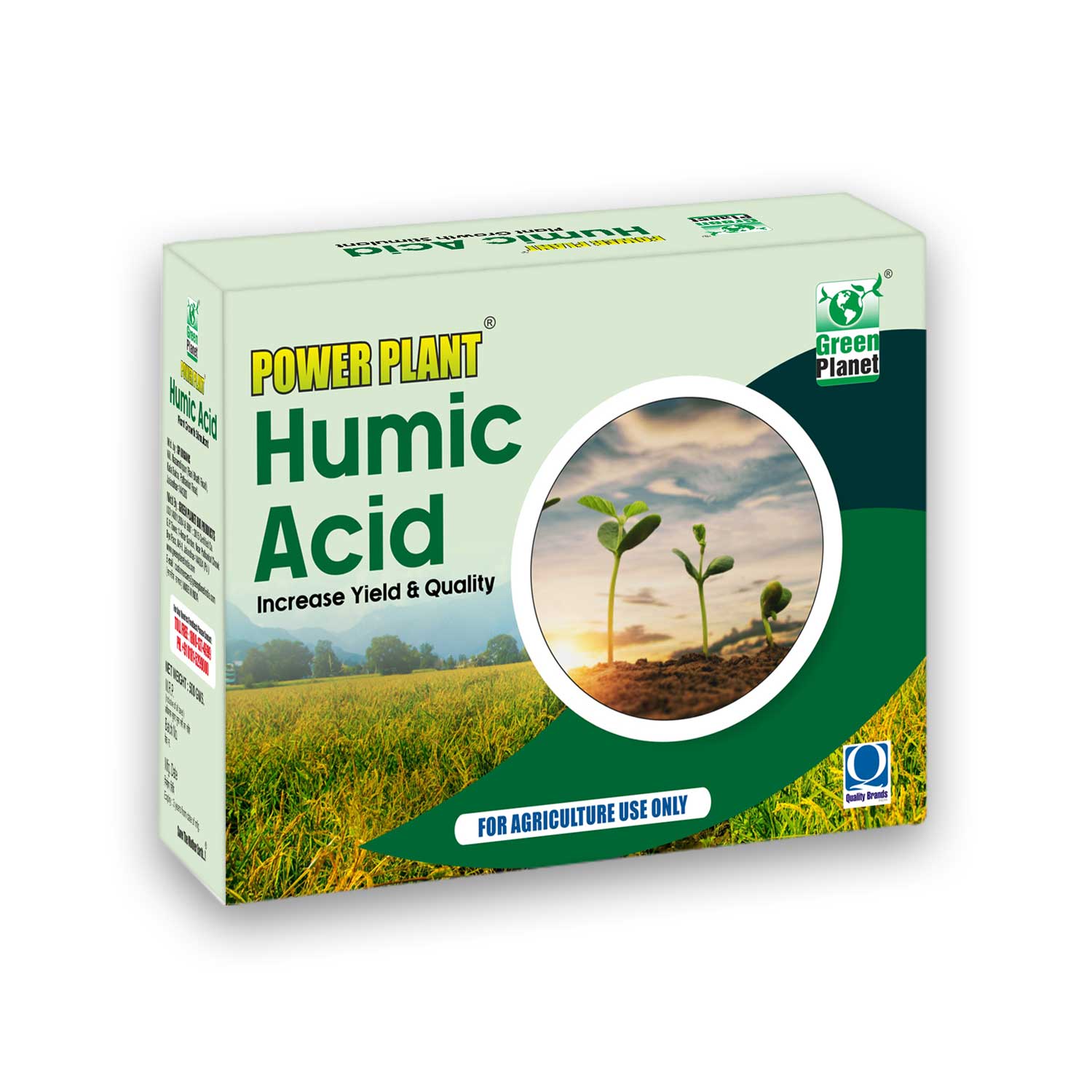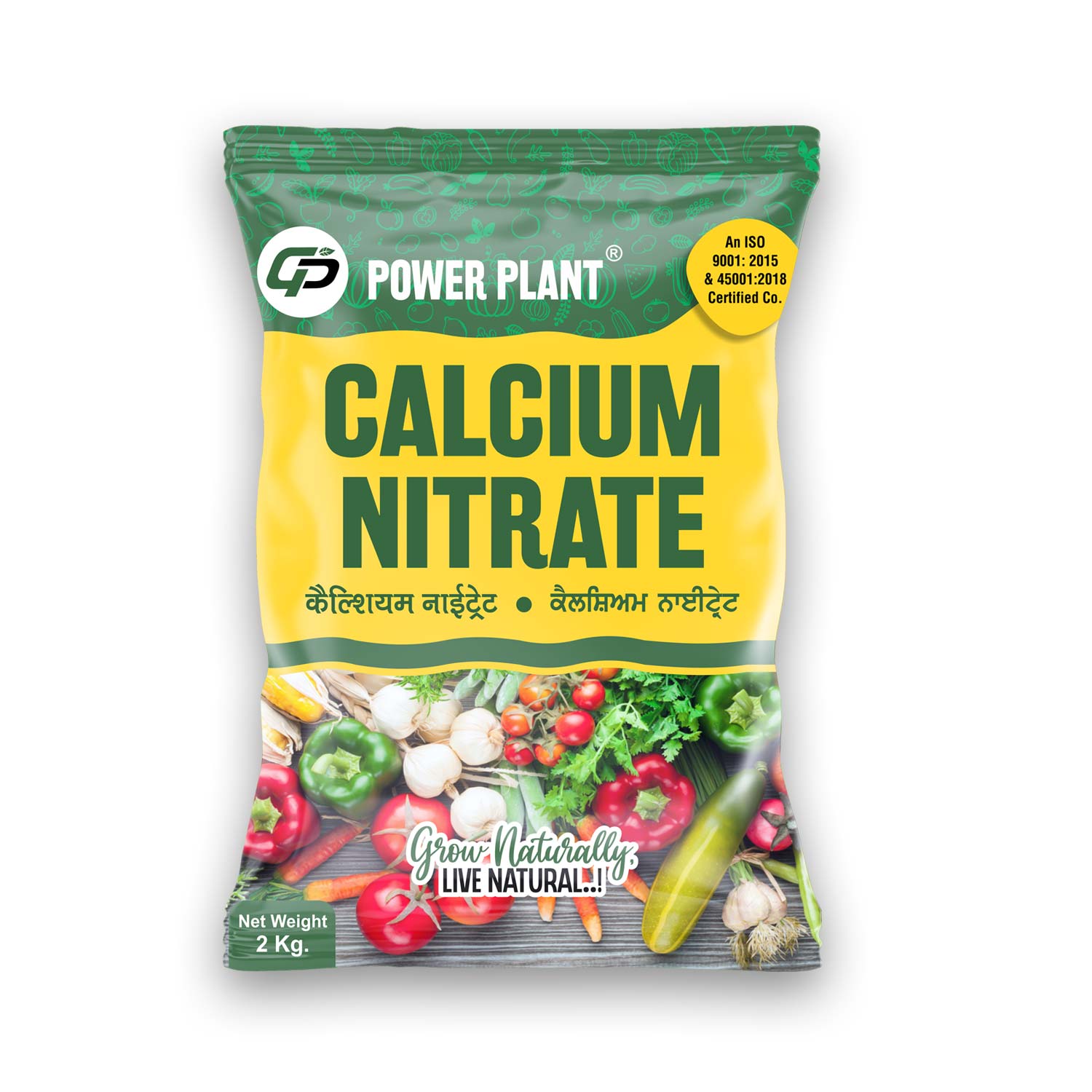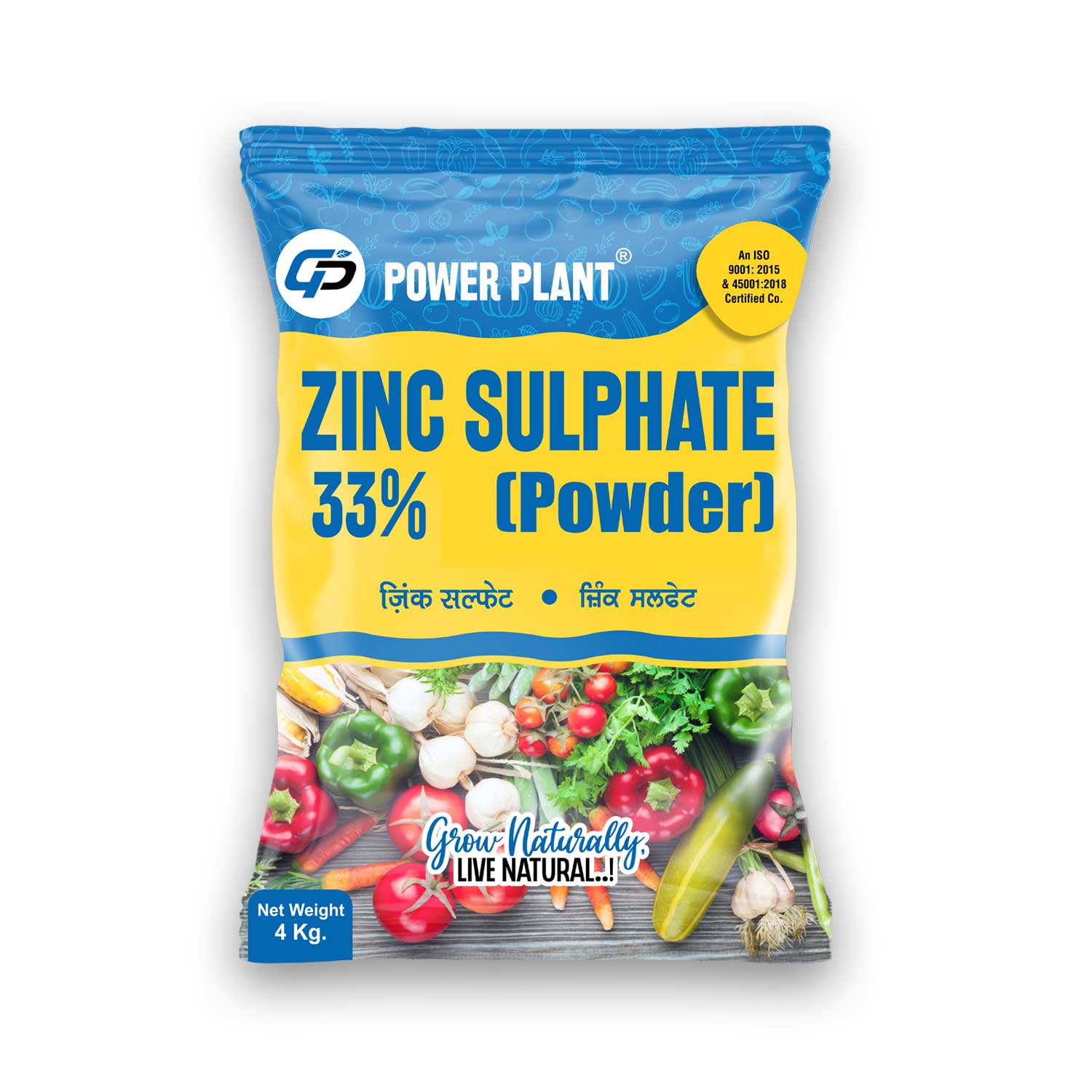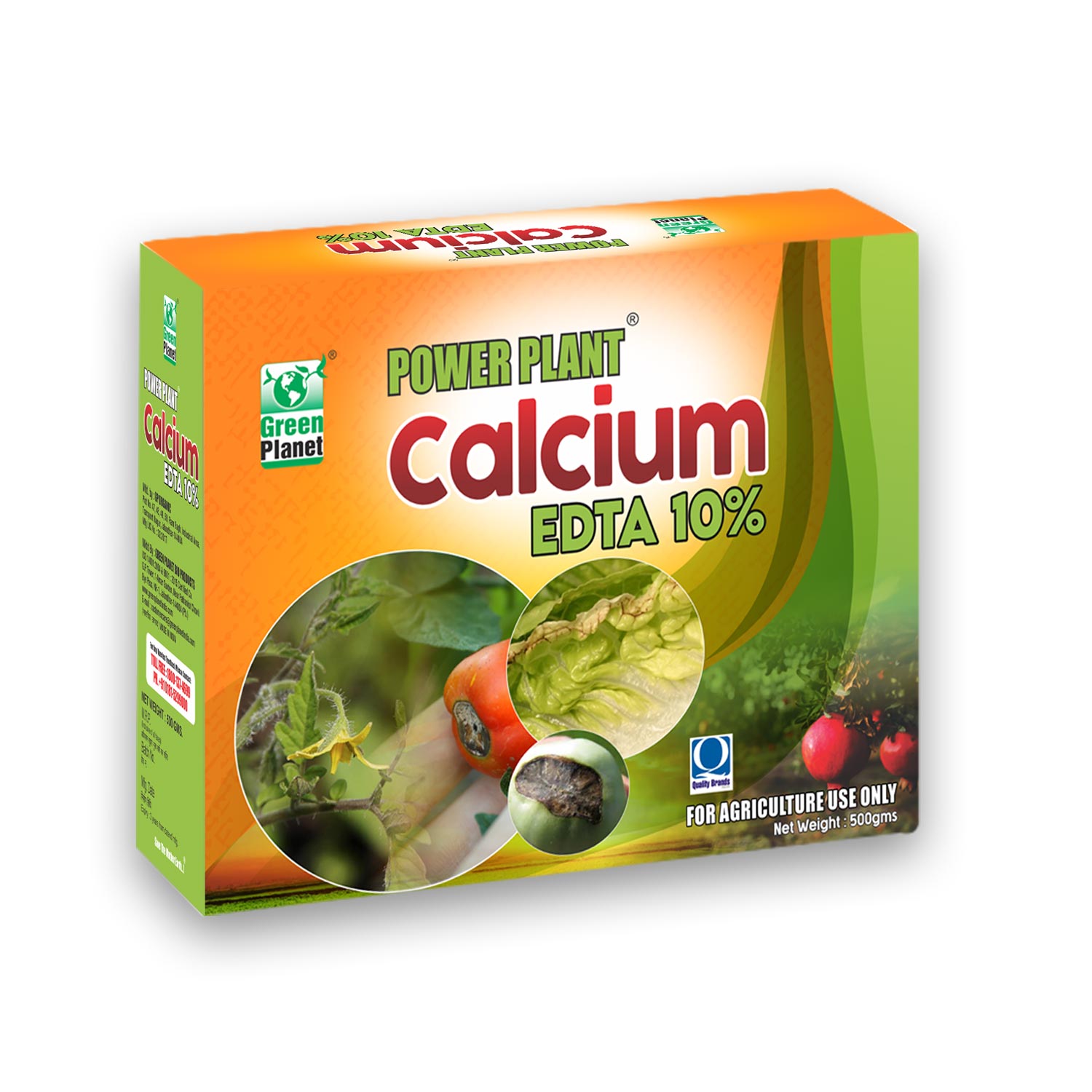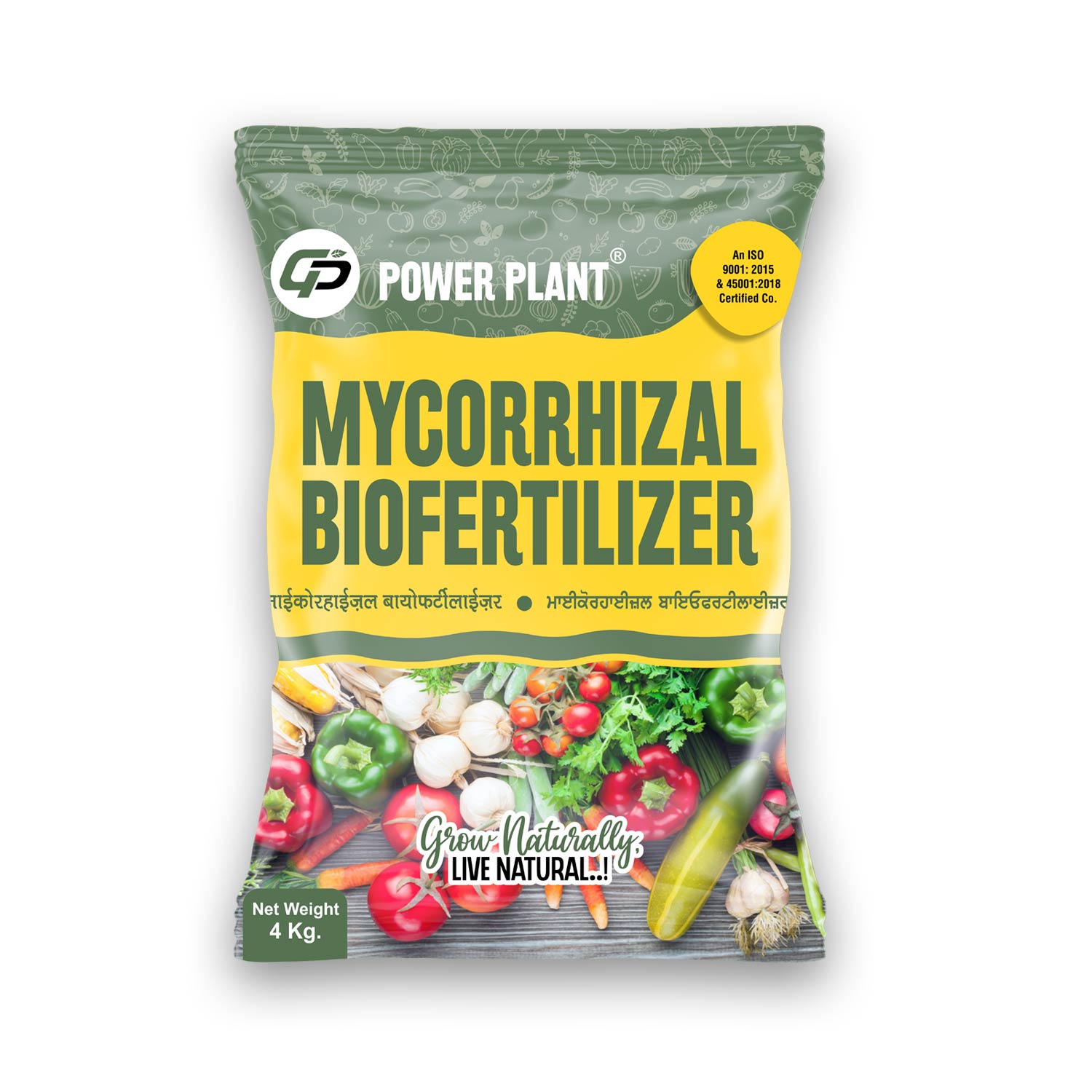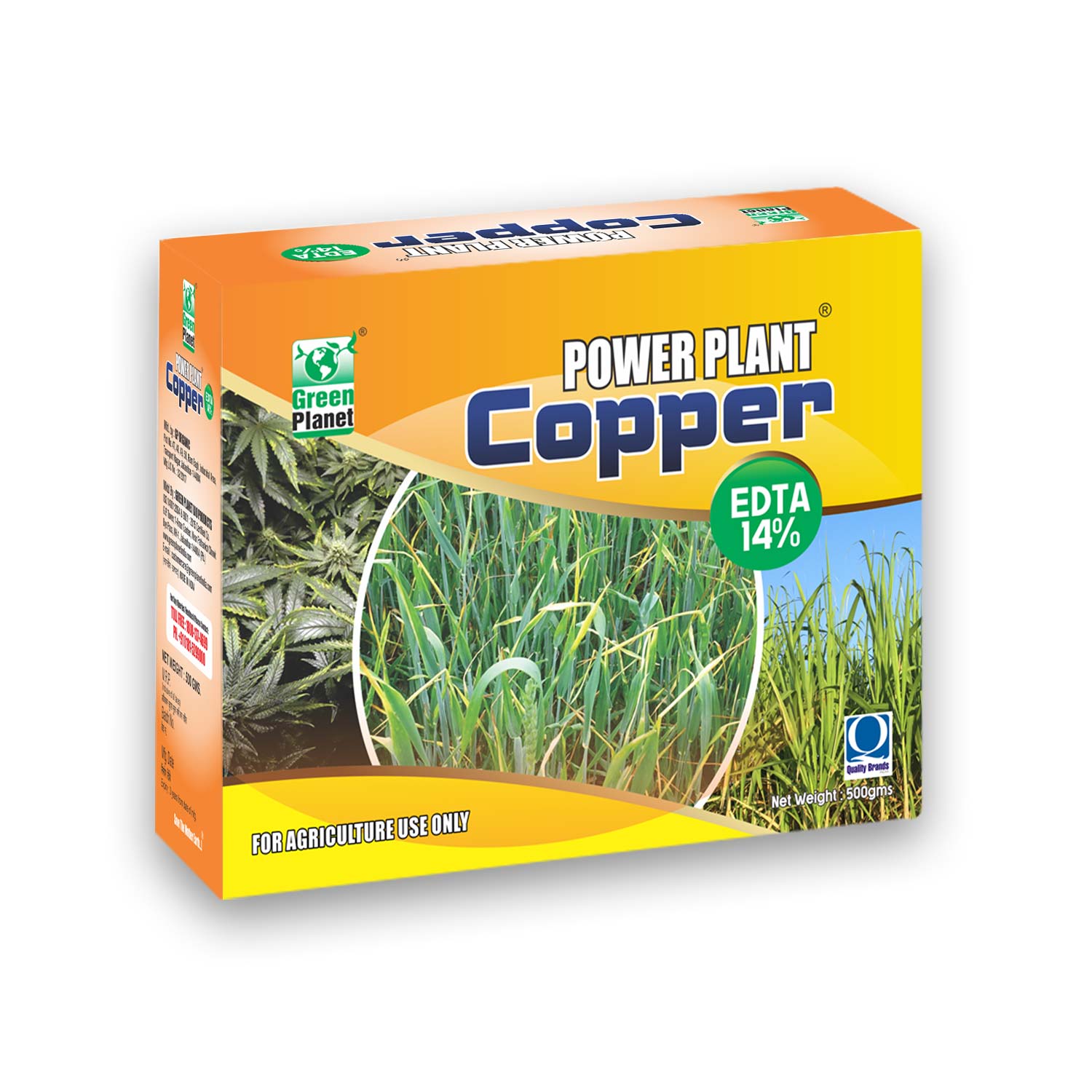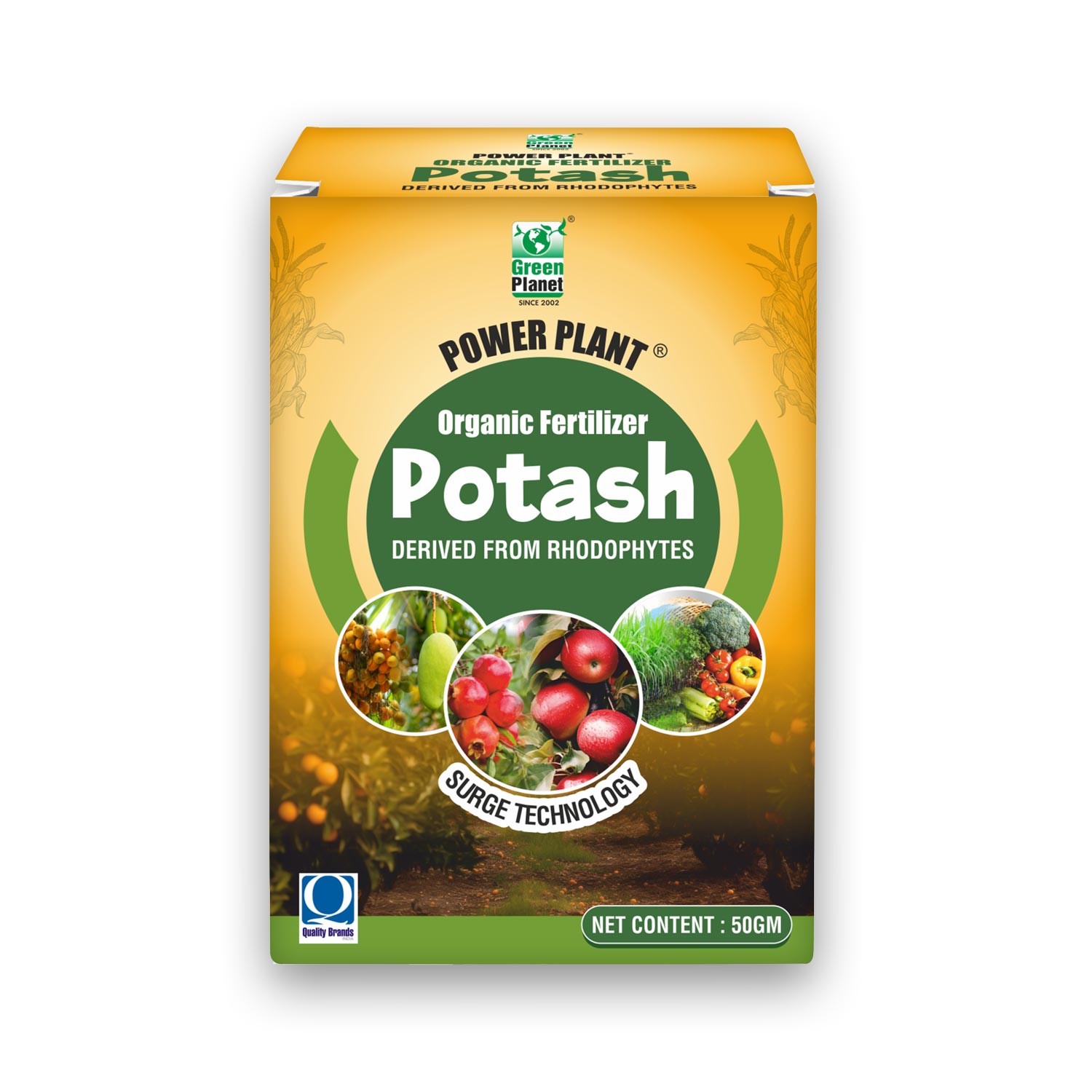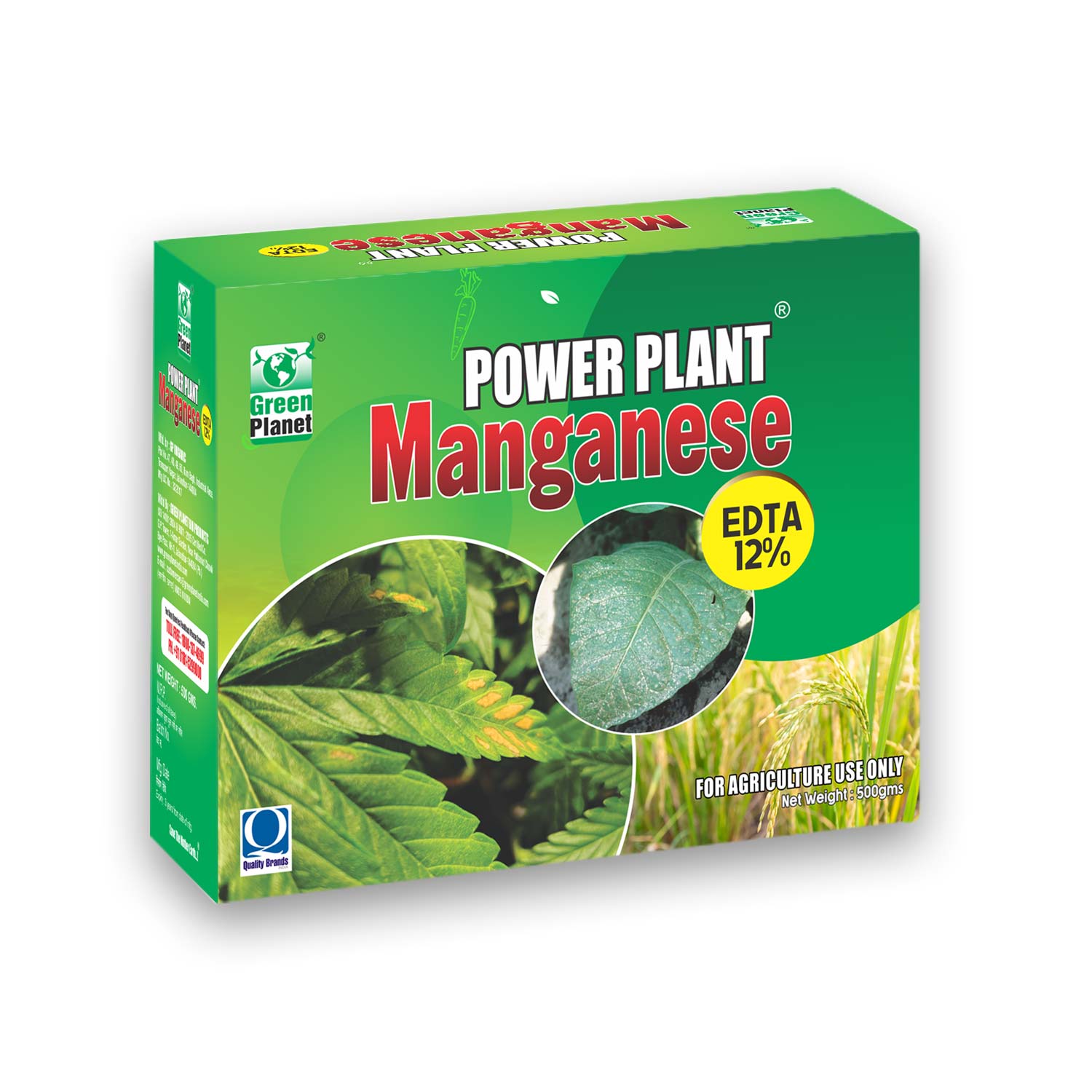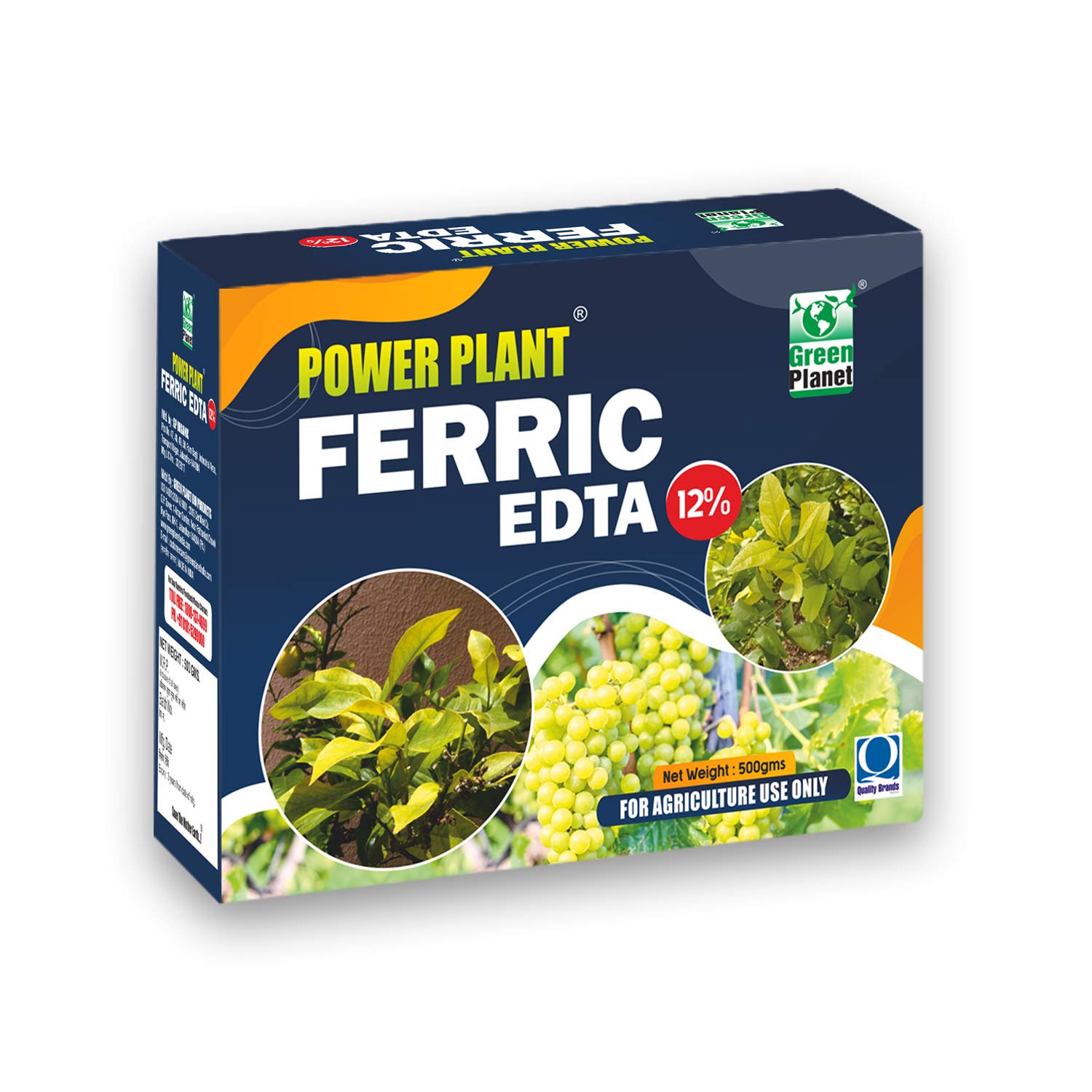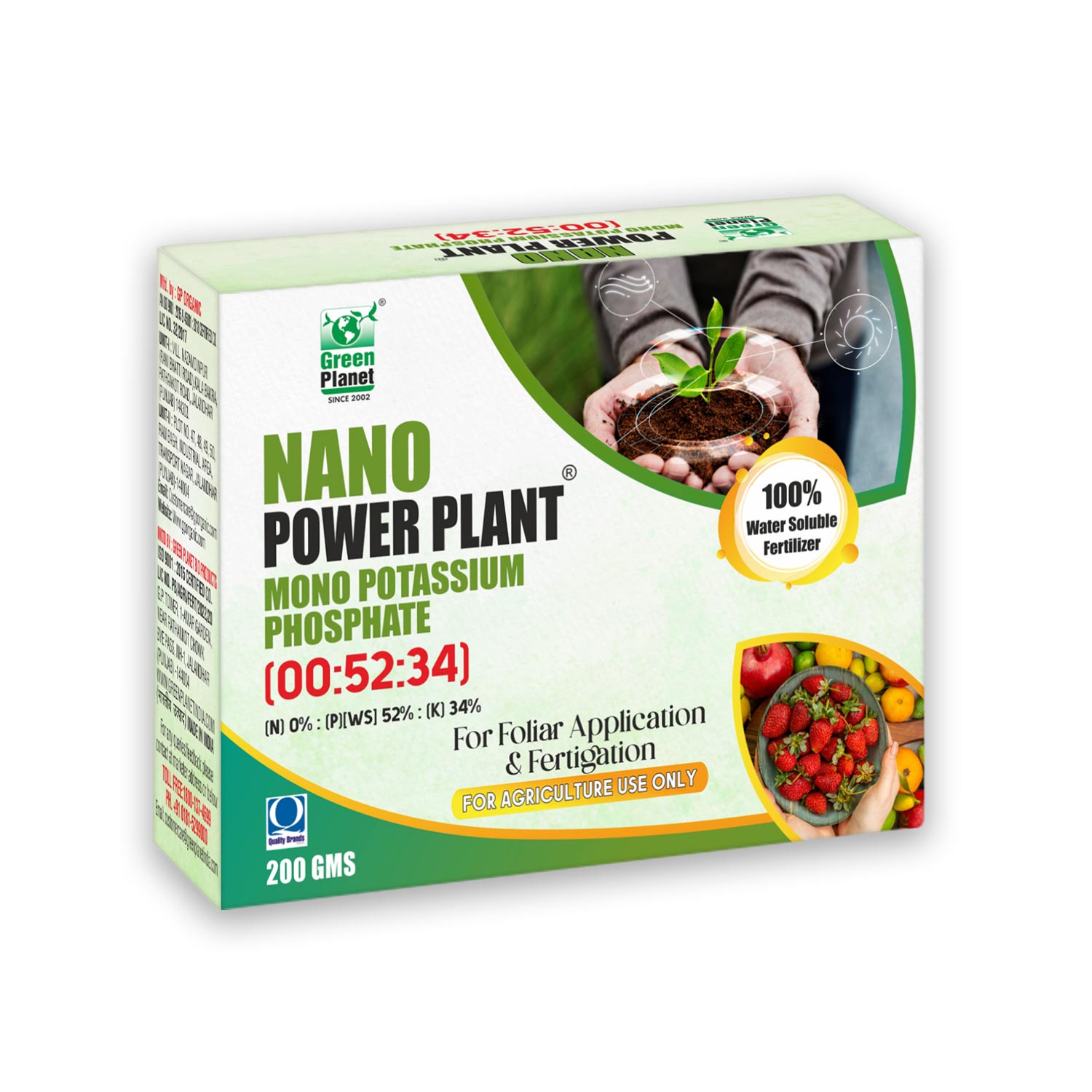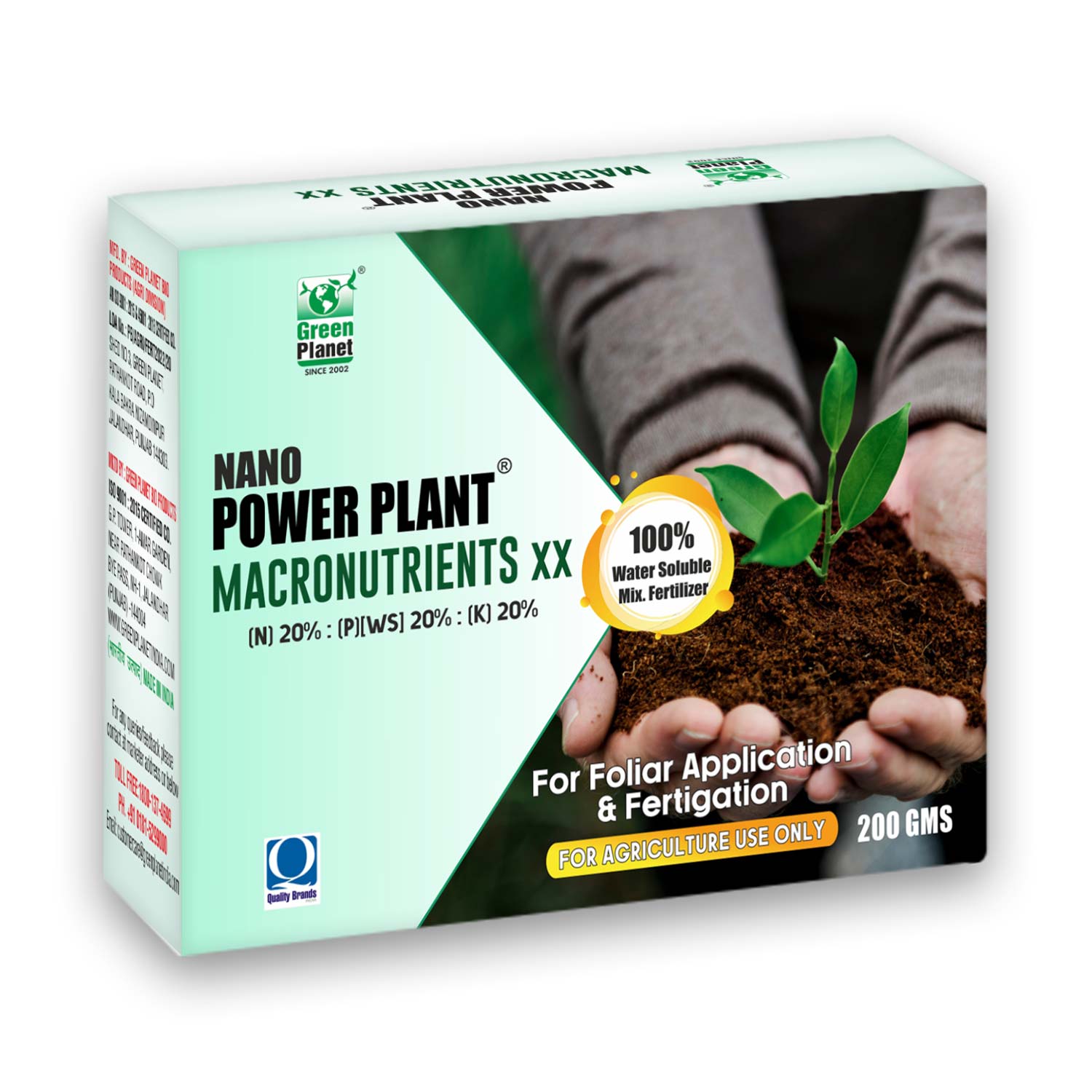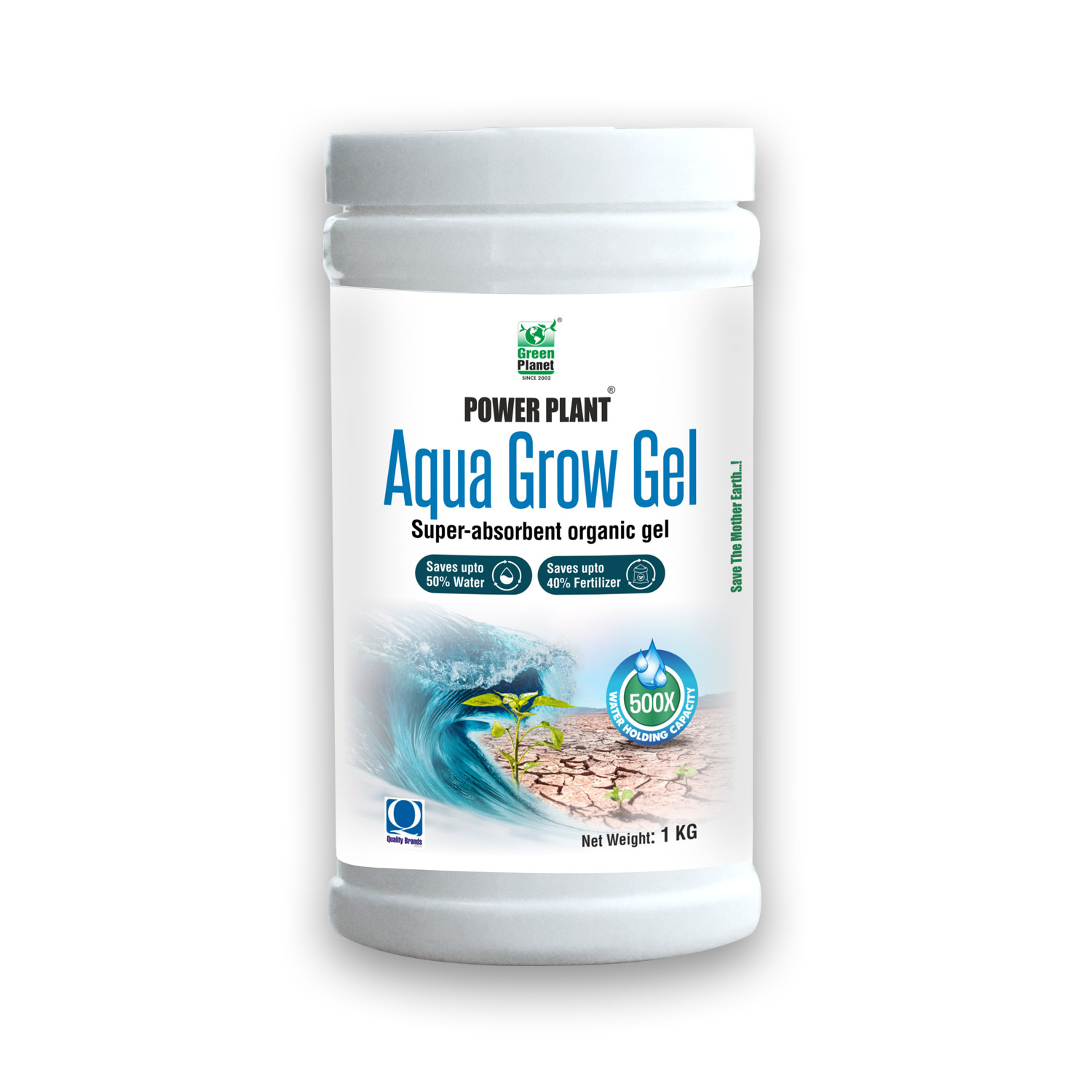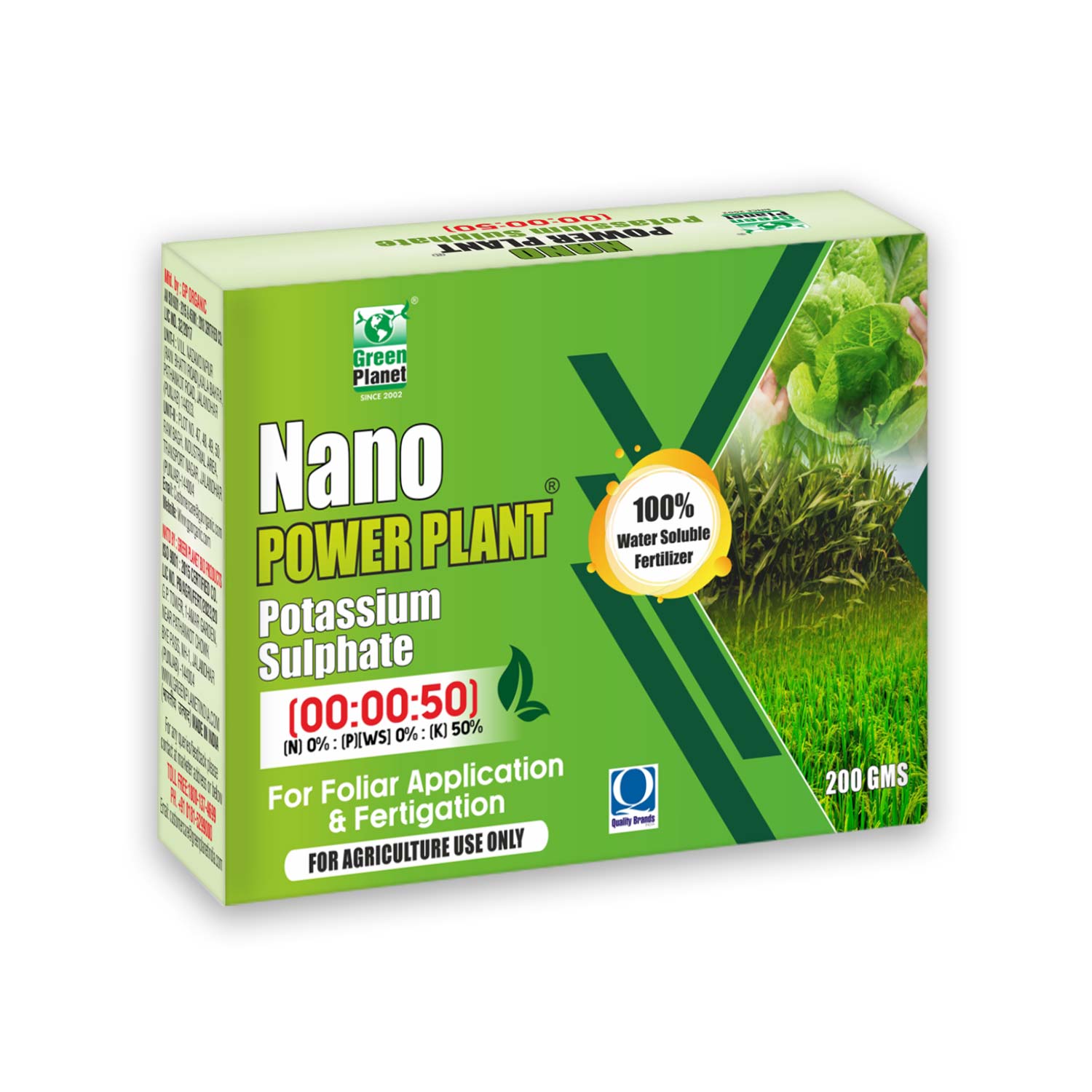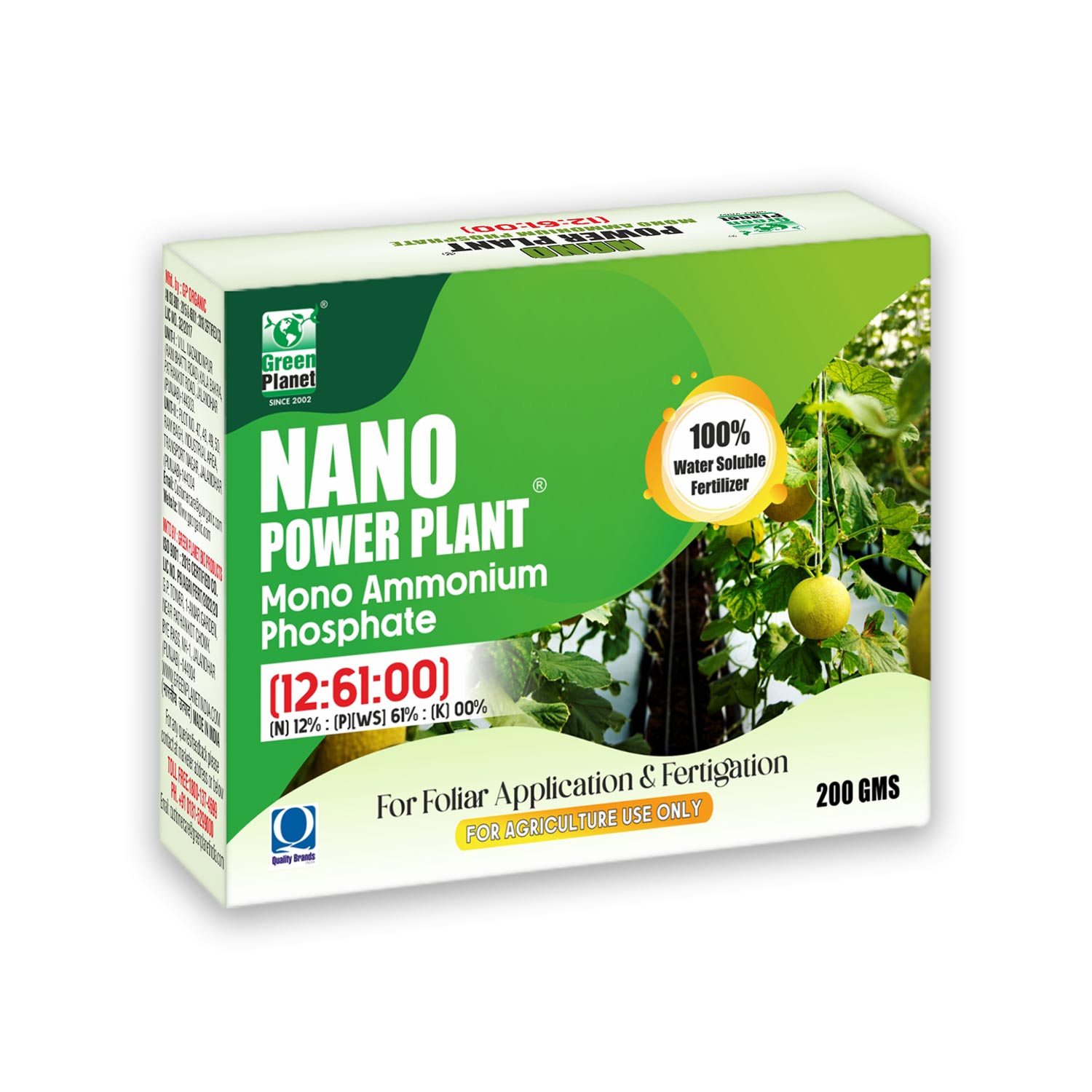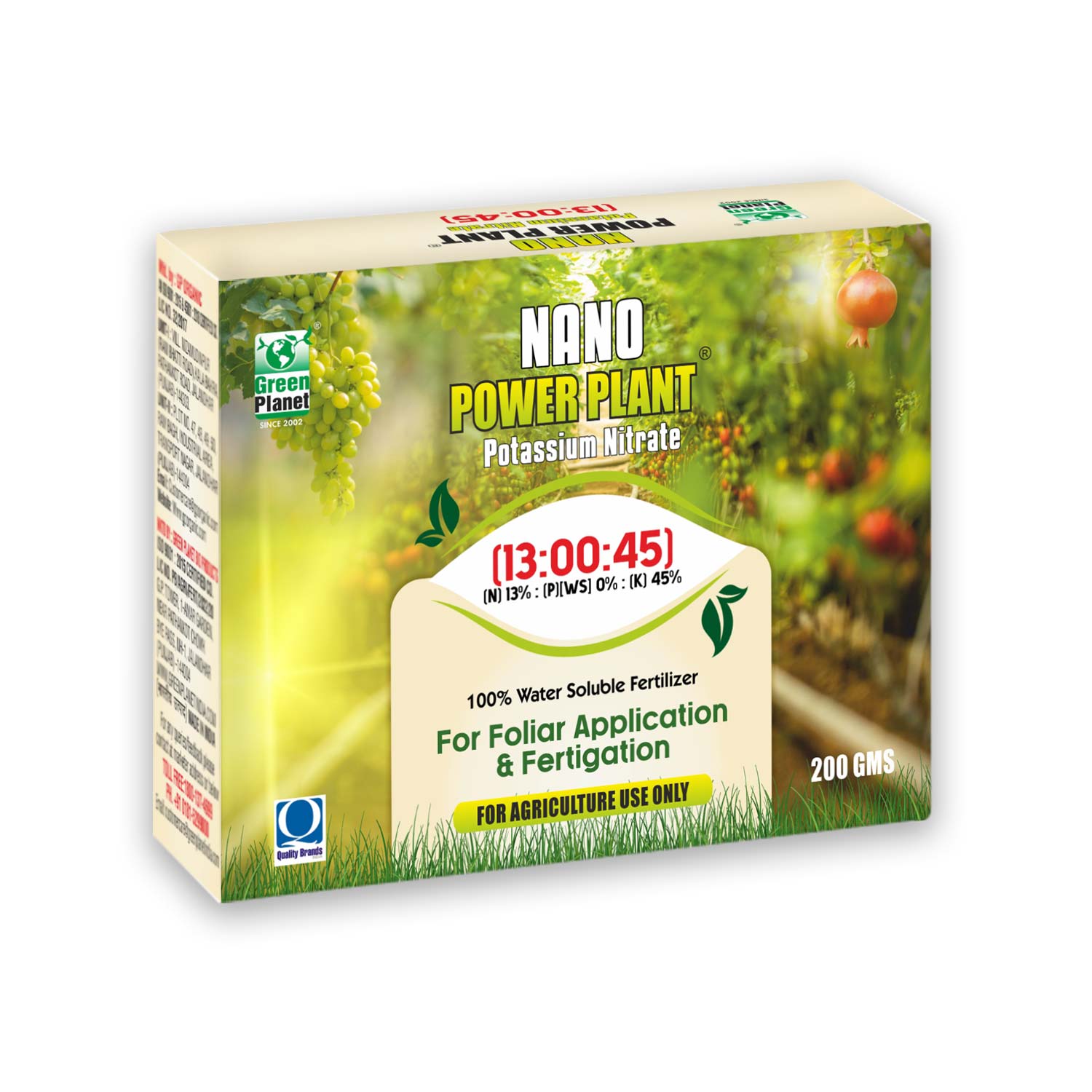Zinc (Zn) is a key element that increases plant growth and efficiency by synergizing nutrient usage. Zinc-solubilizing bacteria (Zn-SB) may convert zinc from an insoluble form in the soil to a soluble form that is easily accessible to plants for growth, development, and final yield while also maintaining soil health and fertility for long-term yielding.
Zn-solubilizing bacteria (ZSB) in the rhizosphere microbiome boost Zn bioavailability, increasing root function, Zn uptake, and plant growth. Zn-solubilizing bacteria (ZSB) are well-known rhizosphere components that play an important role in nutrient availability and transformation. ZSB increases Zn absorption and accumulation in grains by converting inaccessible forms of Zn into plant-available forms.
BENEFITS:
- ZSB improves agricultural output as well as product quality.
- Increase agricultural output as well as product quality.
- Activate hormones and improve soil health.
- Root and plant growth should be improved.
- Increase the amount of photosynthetic activity.
- ZSB Improved soil and plant health improves plant physiological activity, resulting in increased yield.
Zinc (Zn) is a key element that increases plant growth and efficiency by synergizing nutrient usage. Zinc-solubilizing bacteria (Zn-SB) may convert zinc from an insoluble form in the soil to a soluble form that is easily accessible to plants for growth, development, and final yield while also maintaining soil health and fertility for long-term
Read More


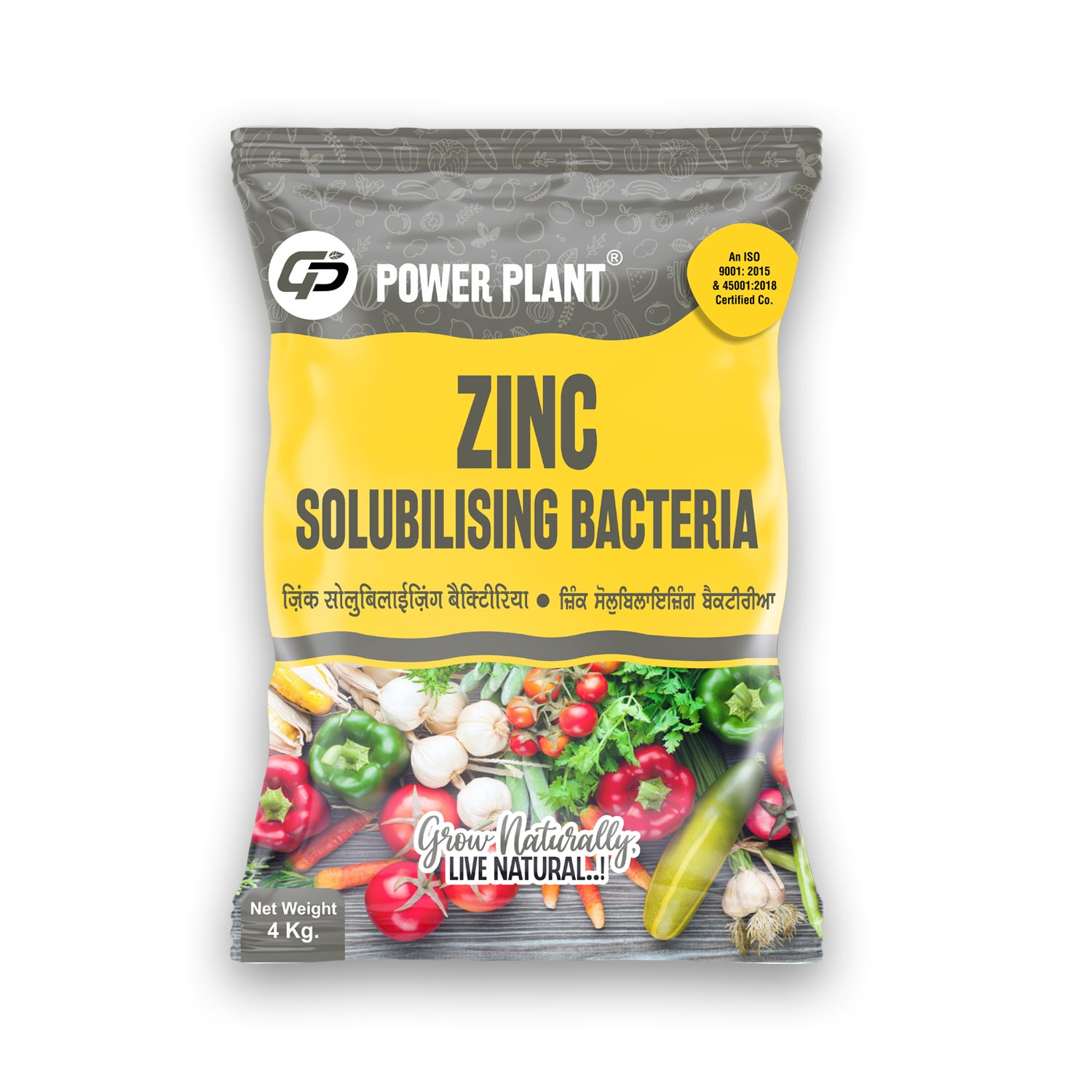
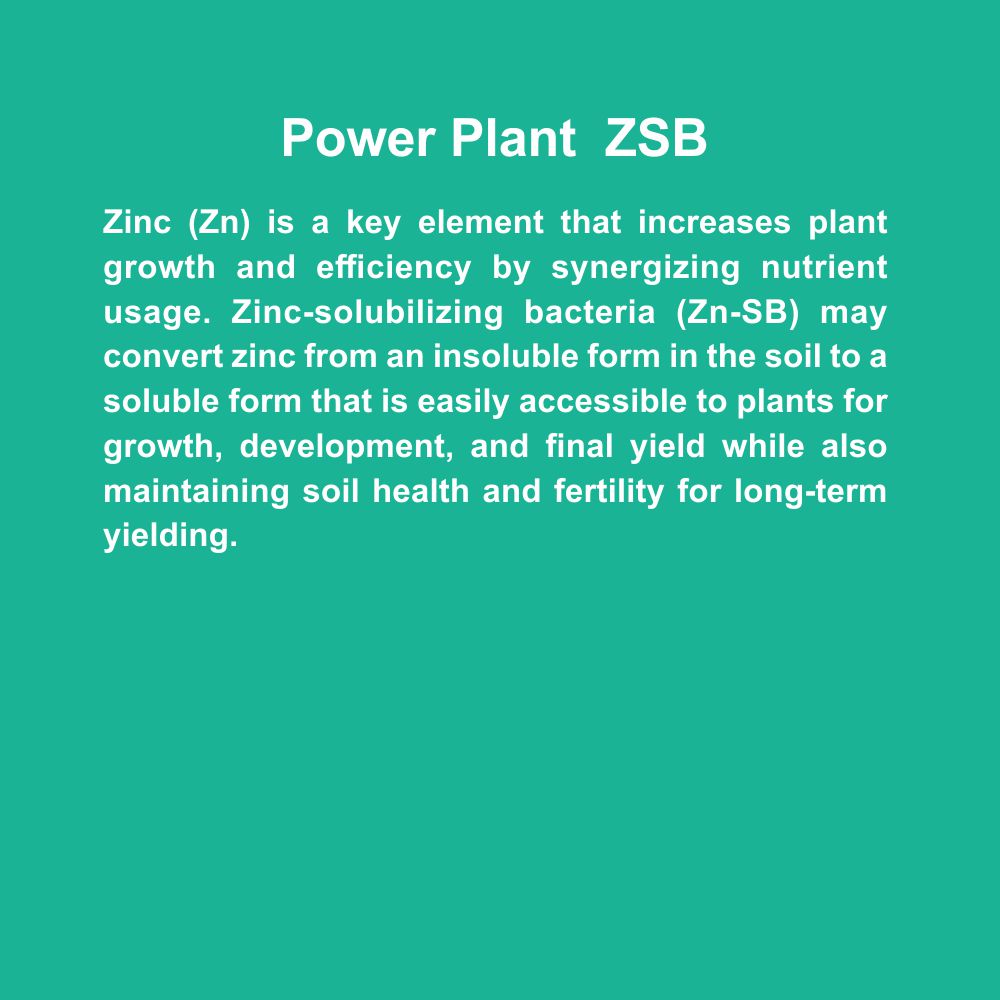
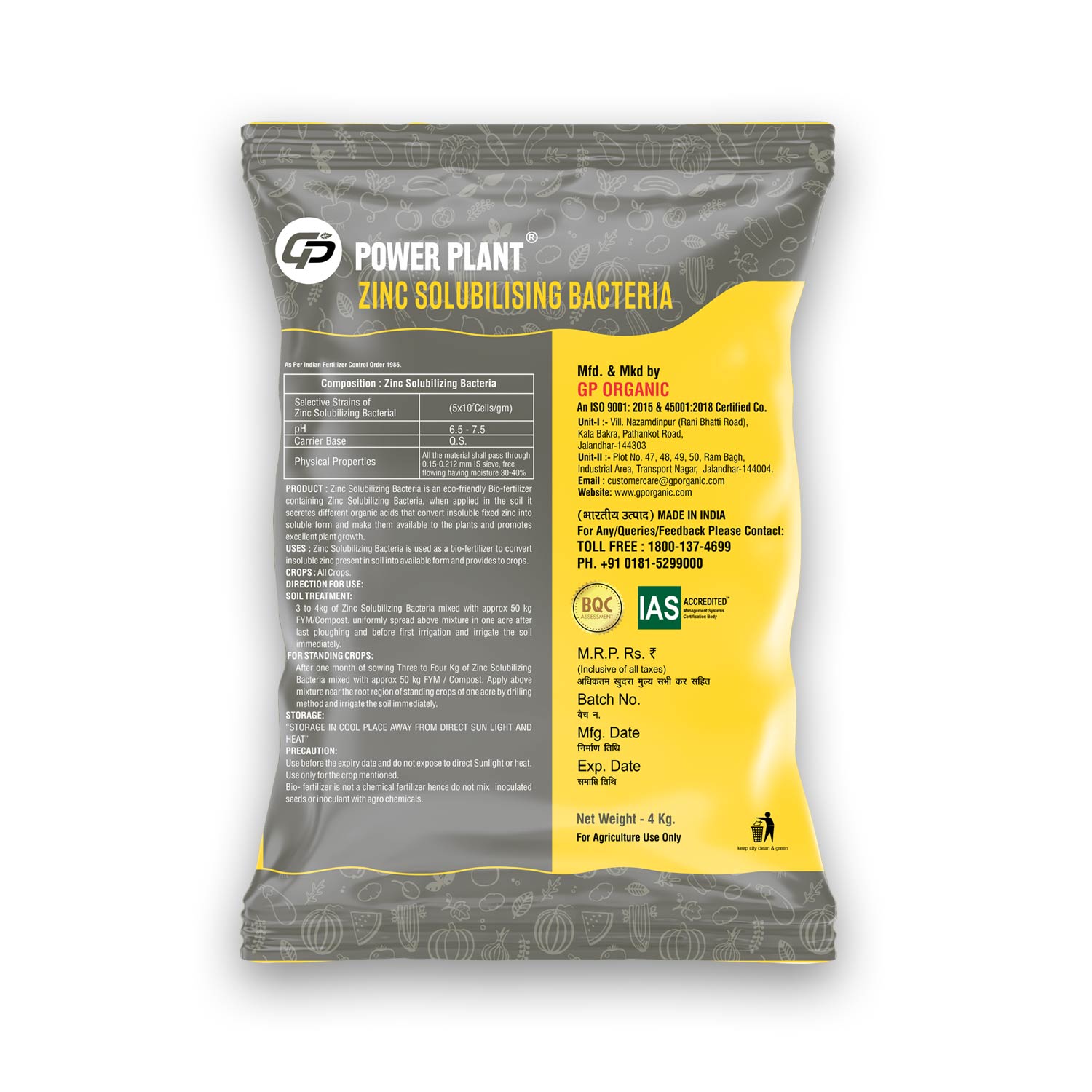







.jpg)
